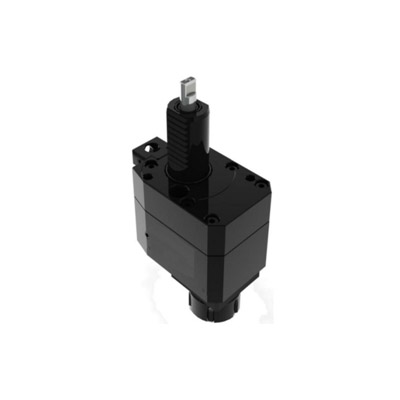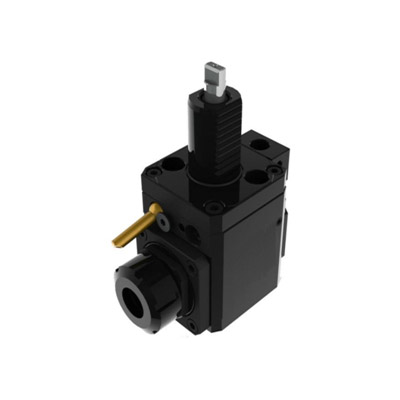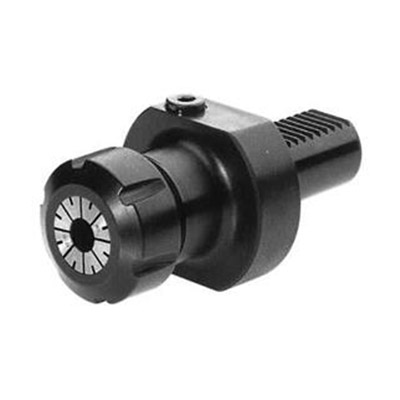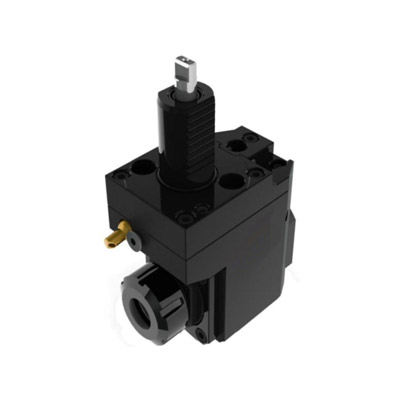SurfaceFinishesinCustomCNCMachinedTitanium:ImportanceandTechniques
When it comes to modern manufacturing, custom CNC machined titanium stands out as a material of choice due to its exceptional strength, lightweight properties, and aesthetic appeal. However, the surface finish of such components plays a crucial role in determining their functionality, durability, and overall performance. In this comprehensive guide, we will delve into the importance of surface finishes in custom CNC machined titanium and explore advanced techniques to achieve the best possible results.
The Importance of Surface Finishes in Custom CNC Machined Titanium
Surface finishes are the final modifications made to the surface of a component, enhancing its aesthetic appeal, durability, and performance. In the case of custom CNC machined titanium, the surface finish is particularly critical because it affects the component's ability to withstand wear and tear, resist corrosion, and maintain its structural integrity. A well-applied surface finish can extend the lifespan of the component, reduce maintenance costs, and improve its overall efficiency.
Advanced Techniques for Achieving Optimal Surface Finishes
1. Chemical Etching: This technique involves using chemicals to remove material from the surface, creating a precise pattern and enhancing the aesthetic appeal. Chemical etching is particularly effective for creating a high-gloss finish on titanium components.
2. Electrochemical Etching: Similar to chemical etching, electrochemical etching uses an electric current to remove material from the surface. This method offers greater control over the etching process, allowing for intricate designs and patterns to be created.
3. Mechanical Finishing: Mechanical finishing involves using tools such as grinding, polishing, and buffing to achieve a smooth surface finish. This technique is essential for reducing scratches and imperfections, enhancing the component's aesthetic appeal, and improving its durability.
4. Nitriding: Nitriding is a heat treatment process that introduces nitrogen into the surface layer of the titanium, creating a hard, wear-resistant layer. This technique significantly enhances the component's hardness, tensile strength, and resistance to corrosion.
5. Ceramic Coating: Applying a ceramic coating to the surface of the titanium component can provide an additional layer of protection against wear, corrosion, and extreme temperatures. Ceramic coatings are particularly effective for enhancing the component's durability and performance in harsh environments.
Conclusion
In conclusion, the surface finish of custom CNC machined titanium components is a critical aspect that cannot be overlooked. By employing advanced techniques such as chemical etching, electrochemical etching, mechanical finishing, nitriding, and ceramic coating, it is possible to achieve optimal surface finishes that enhance the component's durability, aesthetic appeal, and performance. Understanding the importance of surface finishes and employing the right techniques will ensure that your custom CNC machined titanium components meet the highest standards of quality and efficiency.




